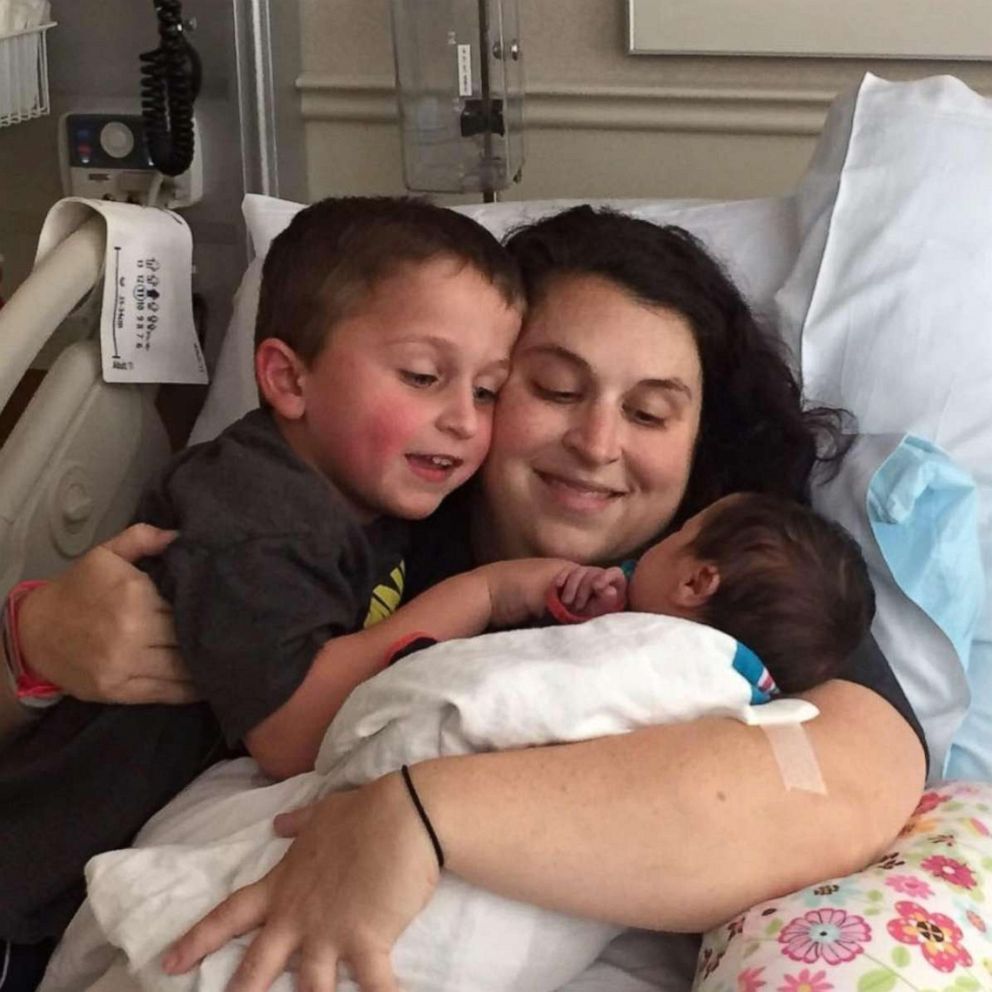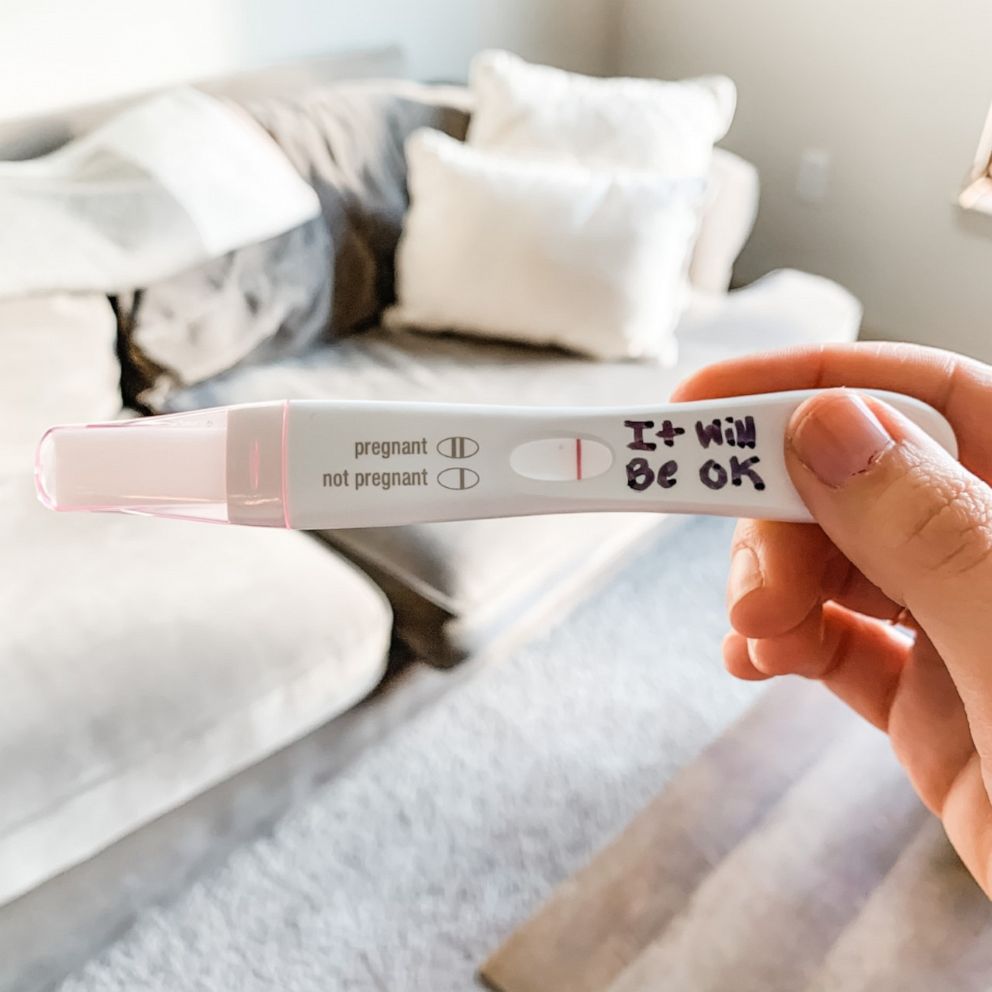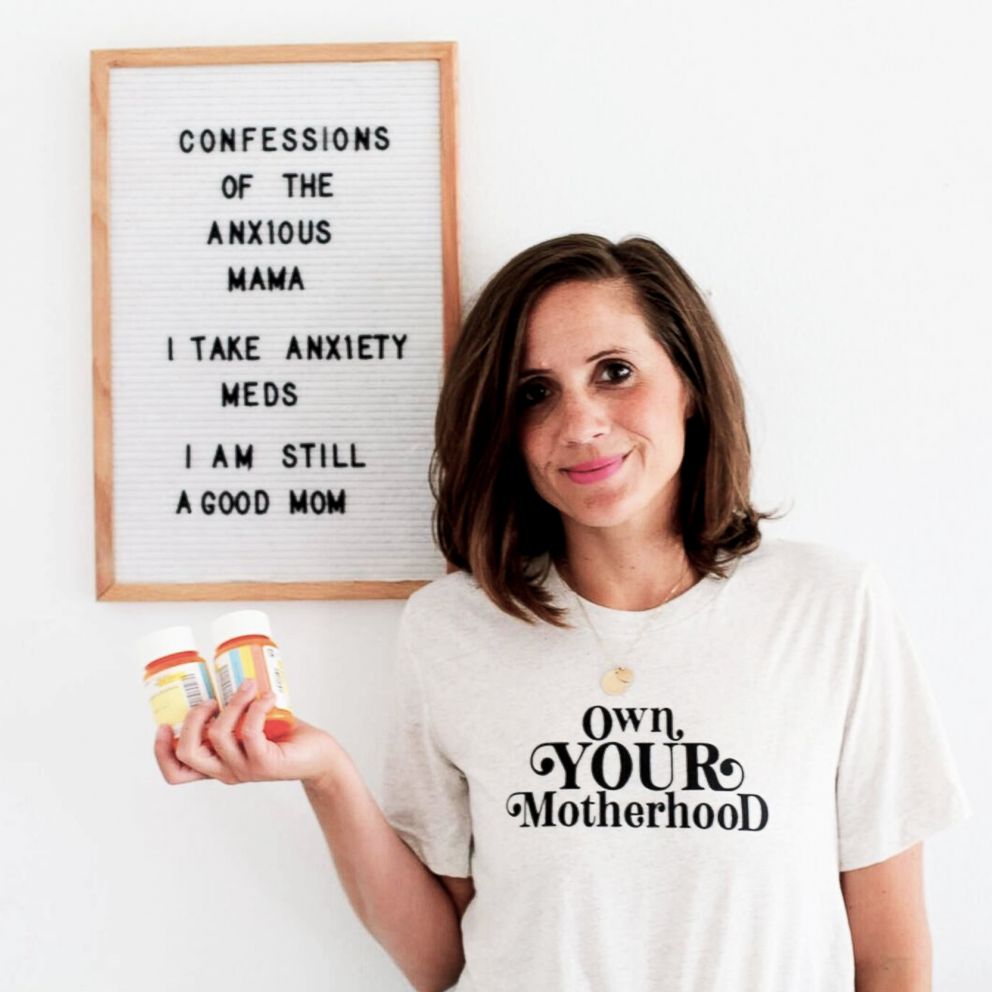New York City unveils new postpartum checks and home visits for 1st-time parents
The initiative will help 45,000 families in all five boroughs by 2024.
Big maternal health changes are coming to New York City as officials announced that home visiting will be offered to new parents, from prenatal to postnatal stages.
Chirlane McCray, who built New York City's mental health initiative ThriveNYC, unveiled the #NewFamilyHomeVisits initiative on Wednesday.
"For many women, it can be an incredibly difficult time," McCray, the first lady of New York, said Wednesday at a press conference. "I remember in the days after my daughter was born I had a lot of feelings. Many of them were joyous, but not all of them. I can't say if what I experienced would be classified as postpartum depression, but I sure wish someone had probed a little more deeply into what I was going through. I wish I had someone to offer a little guidance when I needed it -- to help me walk through the steps to keep my baby and my body healthy."
Several local organizations are behind the city's effort to expand home visits and support for new parents, including non-profits Brightpoint Health and the Caribbean Women's Health Association.
CWHA is a non-profit dedicated to improving maternal health in its communities. CWHA works with programs that provide doulas and postnatal education to first-time mothers.
A new mom named Marsha, who didn't share her surname, spoke beside McCray and explained the helpful benefits she received from CWHA, such as breastfeeding support and safe-sleep education.
"They always check in on me, and it feels like I'm not alone," Marsha said, adding she supports the initiative to be expanded to all families.
Dr. Oxiris Barbot, a pediatrician and the commissioner of the New York City Department of Health and Mental Hygiene, noted that home visits strengthen bonds between parents and their babies.
"They lower the risk for maternal anxiety, depression and other health challenges," Barbot said. "New Family Home Visits provides a coordinated approach to offering proven services to new families independent of socioeconomic status, immigration status or race because every family is susceptible to these types of potentially destabilizing experiences."
Barbot said the effort will have greater emphasis on screening for depression, anxiety and linking families to helpful resources like mental-health care before and after baby's birth.
Both McCray and Barbot addressed how black babies die at three times the rate of white babies, while black women are eight times more likely to die from childbirth complications than white women.
"In New York City, we want every mother and baby to thrive," McCray said, "We want moms and babies to be healthy through pregnancy and beyond. We want babies to form strong bonds with their parents and we want parents to have all the support they need at the start of this most important journey. Today, we are making an exciting new step to make that happen."
New Family Home Visits aims to help 45,000 families in all five boroughs by 2024.
It will first launch in Brooklyn, where more babies are born than in any other borough, McCray noted.







